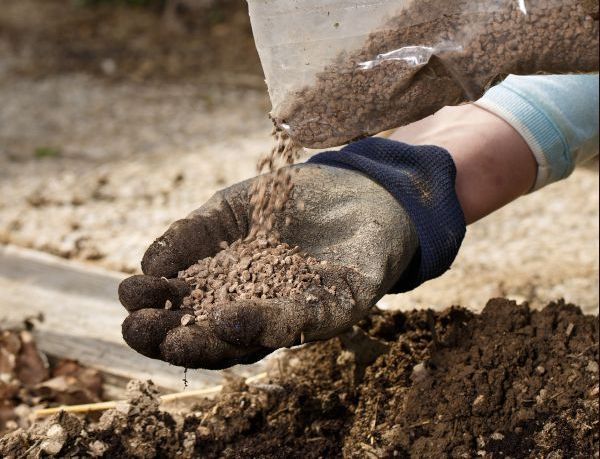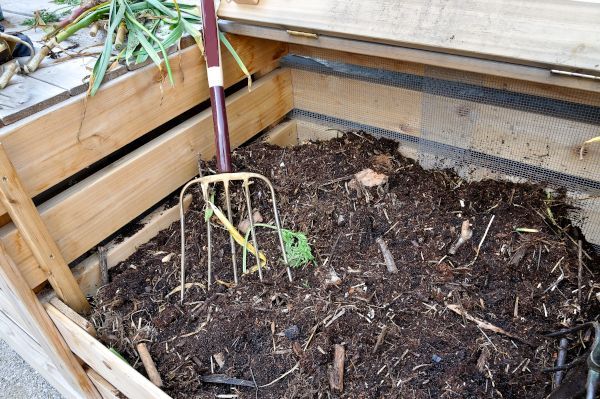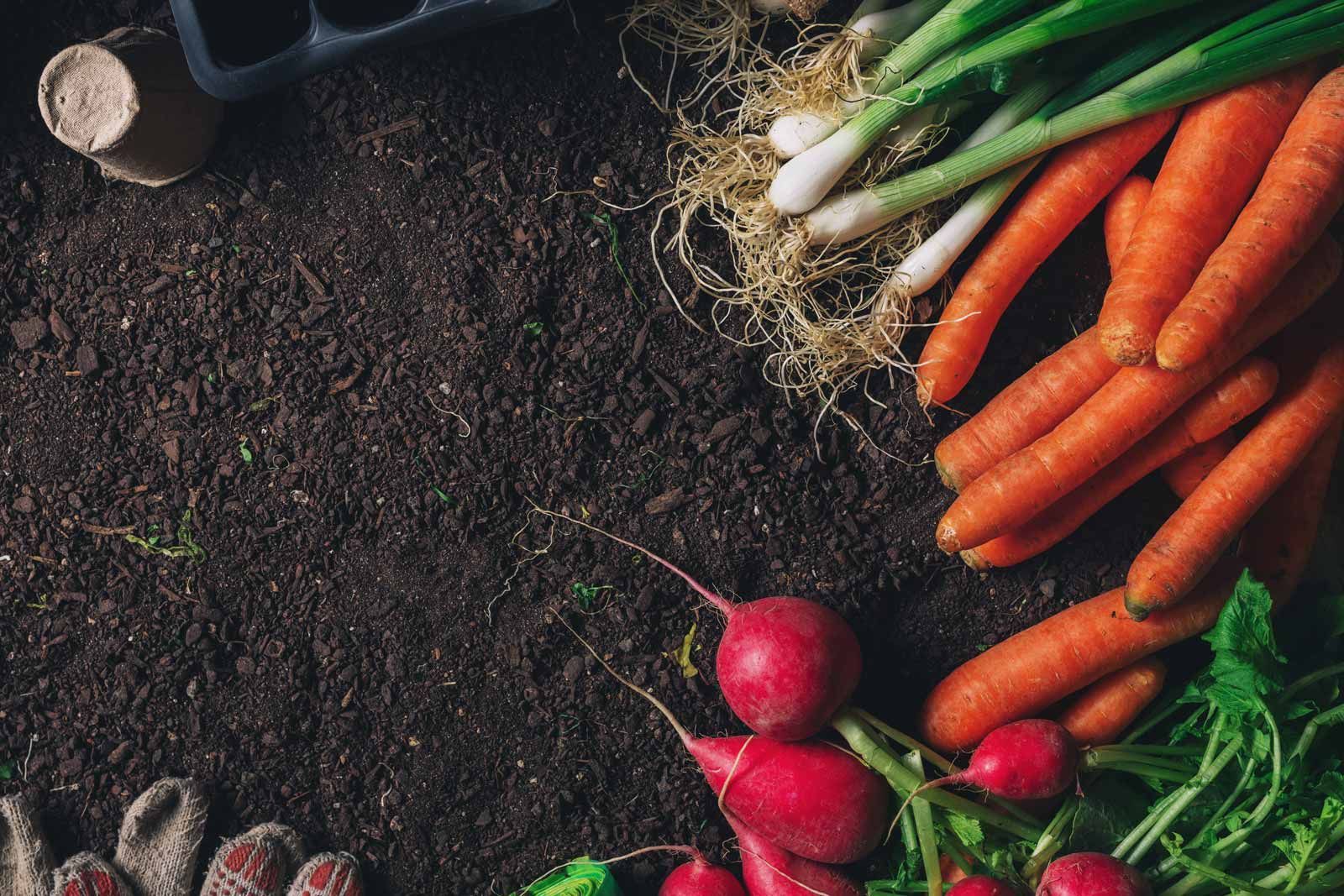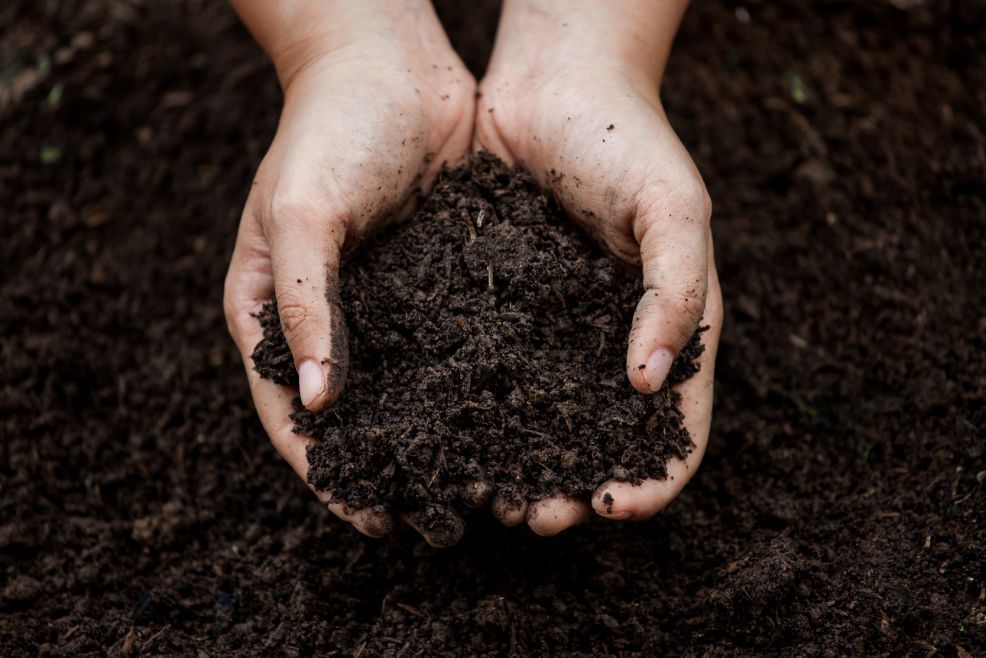What is the best compost for mulching?
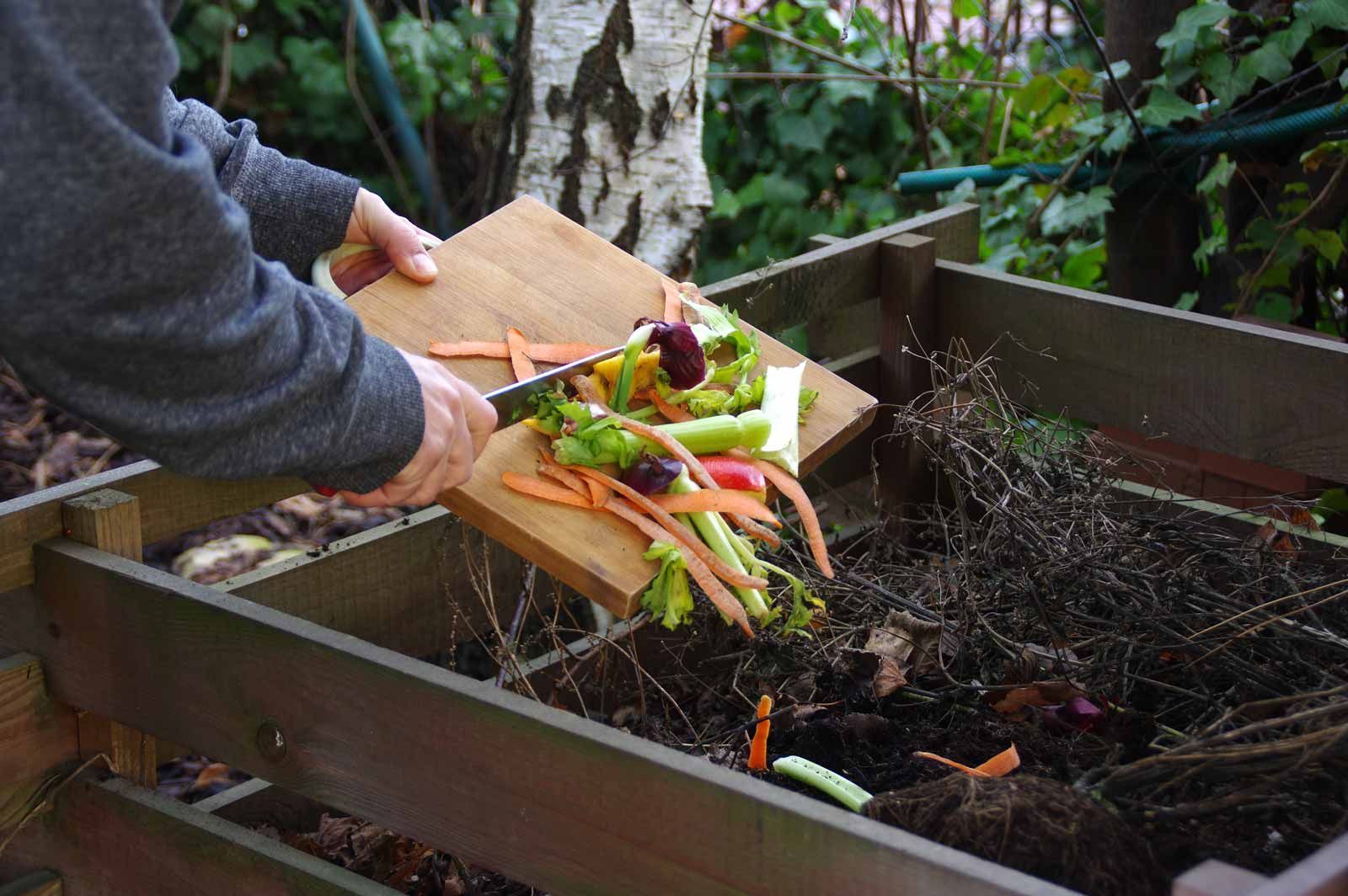
With a vast range of compost types available on the market, selecting the ideal product for your mulching needs might seem daunting at first. Ideally, you’d want to be able to find the right one on your first try, so you don’t need to experiment too much and can immediately start to reap the benefits across your agricultural or farming operations. However, in order to do that, you need the necessary knowledge and understanding of compost, the purpose of mulching, and the benefits of the various compost types. In this blog, we’ll discuss what components make up an effective compost mulching product and how this can be applied to your farming or large-scale agriculture project.
